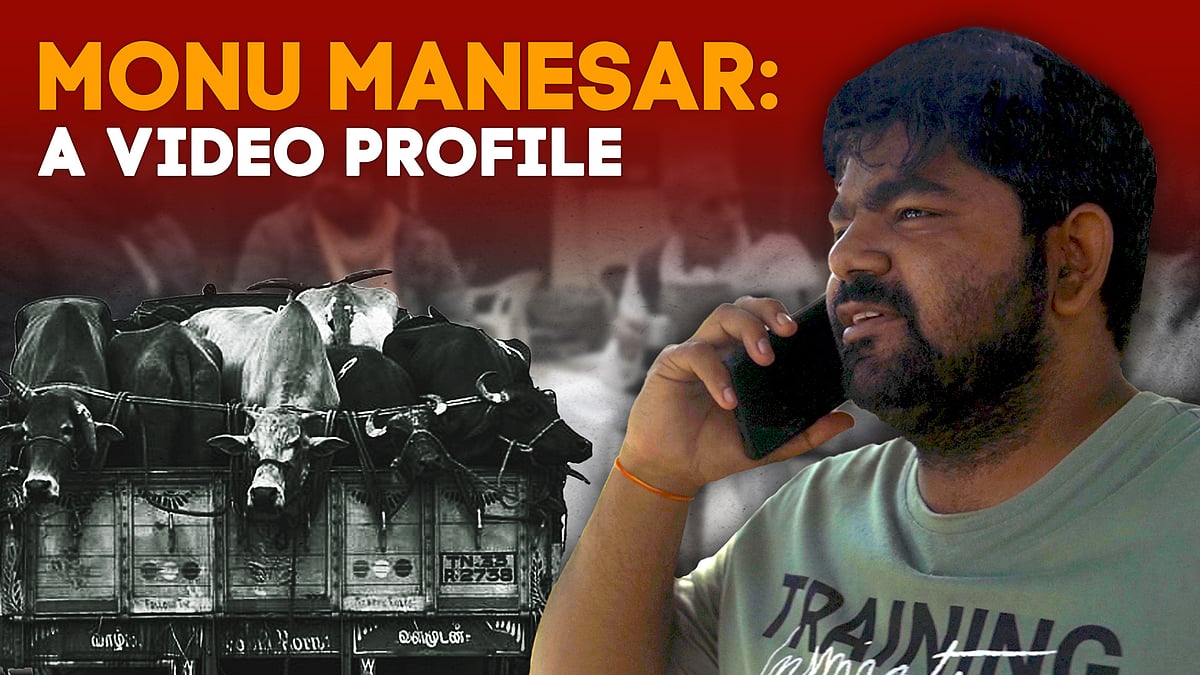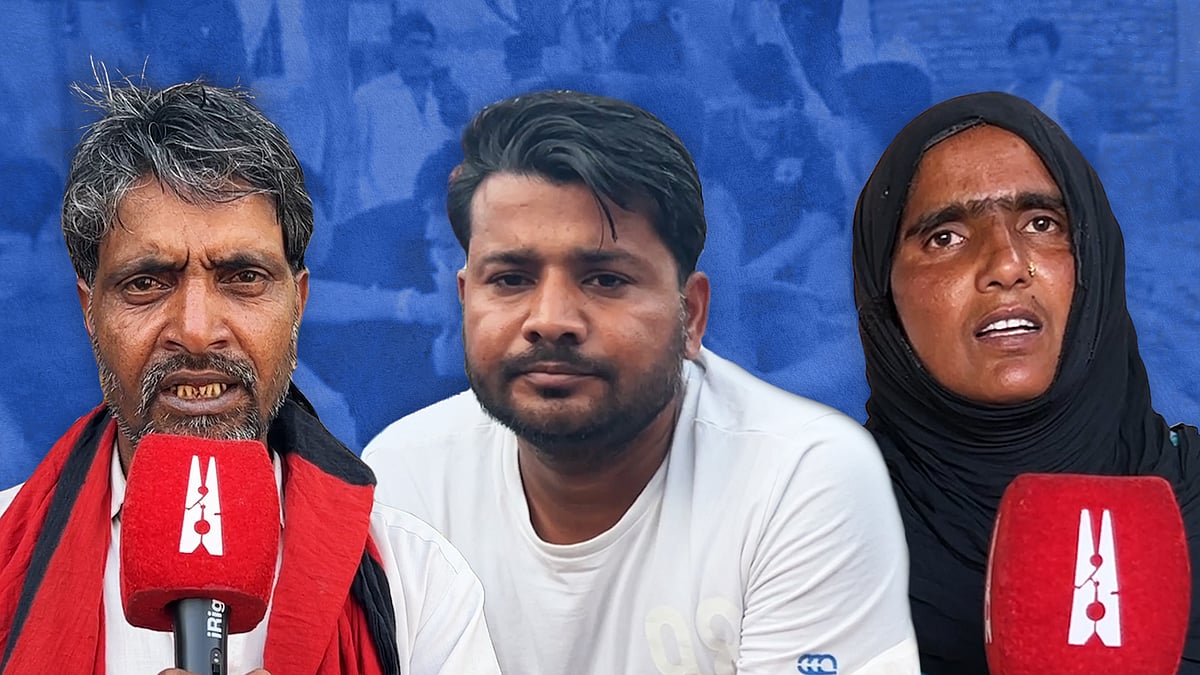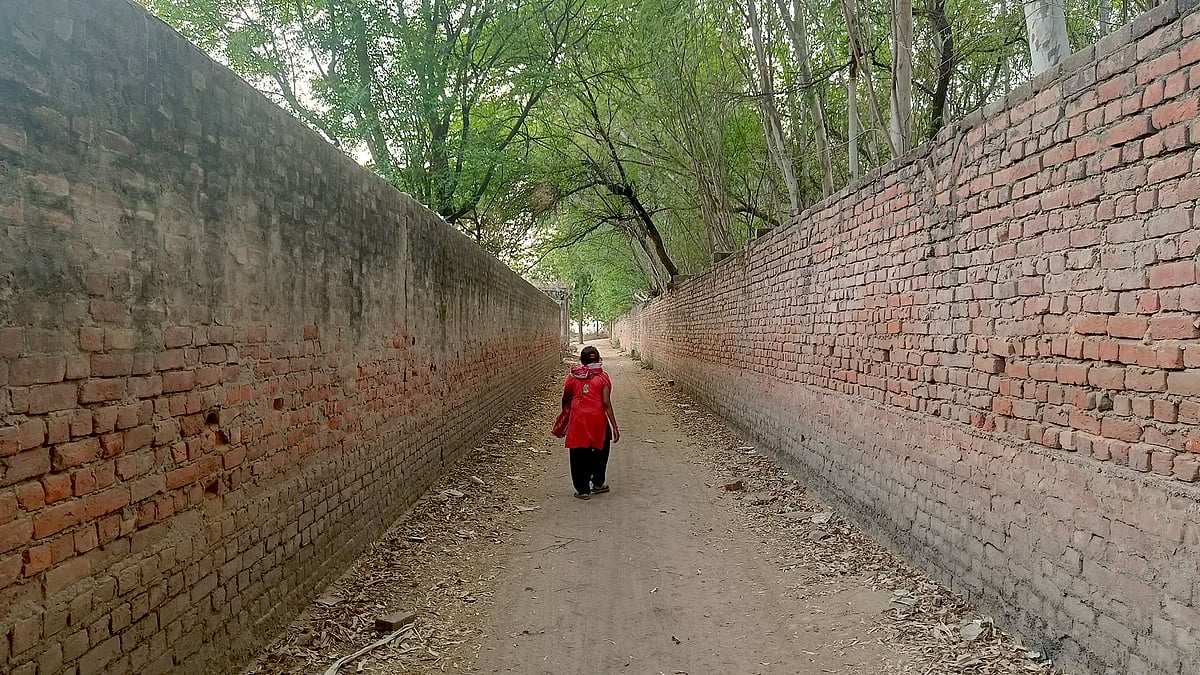EXCLUSIVE: Mumbai meat trader’s quest for asylum in Ireland – over attack, sweeping cow vigilantism
Foreign courts don’t think cow vigilantism has left any region ‘safe’ in India, suggest two asylum cases.
Incidents of mob-lynching in India and the lackadaisical response by state machinery seem to have opened up a channel for those directly affected by the violence to seek asylum in Europe.
A judgement by the High Court of Ireland, issued in October 2022 and accessed now by this writer, reveals that a wealthy meat trader from Mumbai applied for international protection in Ireland in August 2017 along with his children. The International Protection Appeals Tribunal had refused him asylum, but Justice Siobhan Phelan quashed that decision and remitted it back for consideration by a new tribunal member.
The trader’s name is not known, as identities cannot be disclosed in asylum cases. But the court order reveals that the businessman owns assets worth four million euros. In 2017, he was attacked by cow vigilantes who demanded that he shut his business and “convert to Hinduism”.
Abbey Law, the firm representing the meat trader, told Newslaundry that the “reconsideration has not yet taken place”. But, while the final decision is not yet out, and such cases of asylum from India are far and few in between, the court’s observations in this case and its history provide a template on how judicial architecture in western democracies is responding to allegations of “religious persecutions at the hands of Hindu nationalists” in India.
Application for international protection
In Ireland, an application for international protection can be made at the International Protection Office that assesses these applications. The applicant has to provide reasons for seeking protection and such applications are accepted not just from strife-torn countries and regions, but also those designated as safe countries.
In July 2019, two years after the Indian trader submitted his application, the IPO recommended that he not be granted asylum as state protection was available in India. The trader then filed an appeal with the International Protection Appeals Tribunal against the IPO’s decision. In December 2019, the IPAT validated several findings of the IPO, which ultimately led the trader to approach the High Court of Ireland.
But what were the tribunal’s observations?
Most countries in Europe and elsewhere that receive applications for asylum, take into consideration the possibility of the applicant to shift to another city or region of their country of origin.
The IPAT observed that state protection was not available to the trader, and the Indian police were reluctant to prosecute members of the group that had attacked him. However, it also noted that the trader and his dependents could settle in other cities like Bengaluru, Delhi, or Hyderabad. So, while the IPAT agreed that the police were reluctant to prosecute members of the group that had attacked the trader, but because he could move to another part of India, there was no need to grant him asylum.
The IPAT thus refused the protection application on account of the trader’s access to an “internal protection alternative” – shifting within his country of origin.
Soon after, the trader sought a judicial review of the IPAT’s decision. Accordingly, in October 2020, the High Court of Ireland quashed the internal protection alternative finding and remitted the matter for reconsideration to the IPAT.
During the reconsideration, the trader submitted that changing his profession and selling off his assets would possibly diminish the risk of persecution, but that must be perceived as a manifestation of persecution.The tribunal, however, noted that the trader owns investment property worth four million euros, which meant that “he may not need to work”. Alternatively, he was capable of changing his business, as was evident by the fact that he was in the garment business before entering the beef trade.
Thus, once again, the IPAT upheld the internal protection alternative finding in March 2021.
Appeal in the High Court of Ireland
Aggrieved by the second decision of the IPAT, the trader once again approached the High Court of Ireland, which granted it leave for judicial review in April 2021.
Justice Burns saw merit in the case to be remitted again to the IPAT for reconsideration. But this time, the IPAT and Ireland’s ministry of justice opposed the court’s decision. They said that there was no need to alter the internal protection alternative finding.
As a result, Justice Siobhan Phelan of the High Court of Ireland heard arguments from the trader, with IPAT and Ireland’s ministry of justice as respondents. She referred to a case of asylum filed by another Mumbai meat trader in Canada and emphasised the need to consider the “persecution against Muslims cumulatively”, which meant assessing whether persecution was limited or widespread in India.
In the Canadian case, the individual had a beef business in Mumbai and had faced violence and persecution. He was told that he could relocate to another part of India. However, he eventually succeeded in getting asylum based on his pleading that the risk of persecution was across the country.
Essentially, Justice Phelan highlighted several lacunae in the IPAT decision. “It is my view that the existence of cow vigilantism throughout India needed to be considered cumulatively with the other evidence of discriminatory or persecutory treatment of Muslims in assessing whether it was reasonable to expect the applicant and his family to relocate to the identified areas.”
“The IPAT decision does not demonstrate that the IPAT approached the question of whether alternative protection was reasonably available by considering whether the applicant...had decided to cease work or change profession solely in order to avoid further incidents of persecution and thereafter assessing whether the need to change work could in itself, and on the facts of this case, potentially constitute persecution before refusing protection on the basis of a reasoned conclusion that the change of profession in the event of a return to a different part of India did not constitute persecution. Through its failure to conduct this analysis, I am satisfied that the IPAT has erred in law in its identification of the legal test to be applied in deciding that a reasonable internal protection alternative is available to the applicant.”
She also found it “concerning” that the IPAT, while proposing the internal protection alternative, failed to assess the risk for Muslims associated with beef trade in India. She said, “I am confirmed in my conclusion that the decision is unsustainable in law.”
Significance of the order
Just like the asylum cases before the judicial authorities in Canada, this case in Ireland too initially went against the applicant on the basis that India is a big country, and there is a possibility of safe relocation to another region within it. As stated earlier, courts around the world weigh whether an applicant for asylum, who might have a strong case, can safely relocate to another part of his country of origin.
Notably, several cases of asylum sought on grounds of political belief, religion and sexual orientation regularly fail as judicial bodies and courts conclude that it would be safe to relocate to a different city or region. However, the case in Canada, and now this order by the High Court of Ireland, shows that the perceived risk by cow vigilantes is now being seen as endemic across India.
Update at 5.35 pm, Oct 18: Three minor details have been removed to conceal the businessman’s identity.
Danish Khan is a journalist and historian researching capitalism at University of Oxford. He is the author of Escaped: True stories of Indian fugitives in London.
If you’re reading this story, you’re not seeing a single advertisement. That’s because Newslaundry powers ad-free journalism that’s truly in public interest. Support our work and subscribe today.
 GPS tools, spike bars, and informer-cop nexus: Inside the world of Monu Manesar
GPS tools, spike bars, and informer-cop nexus: Inside the world of Monu Manesar  In Haryana’s villages, cow vigiliantism leads to a trail of terror
In Haryana’s villages, cow vigiliantism leads to a trail of terror
 After 'cow slaughter' death, a family's stigma in Delhi village: 'They aren't giving us even water'
After 'cow slaughter' death, a family's stigma in Delhi village: 'They aren't giving us even water'